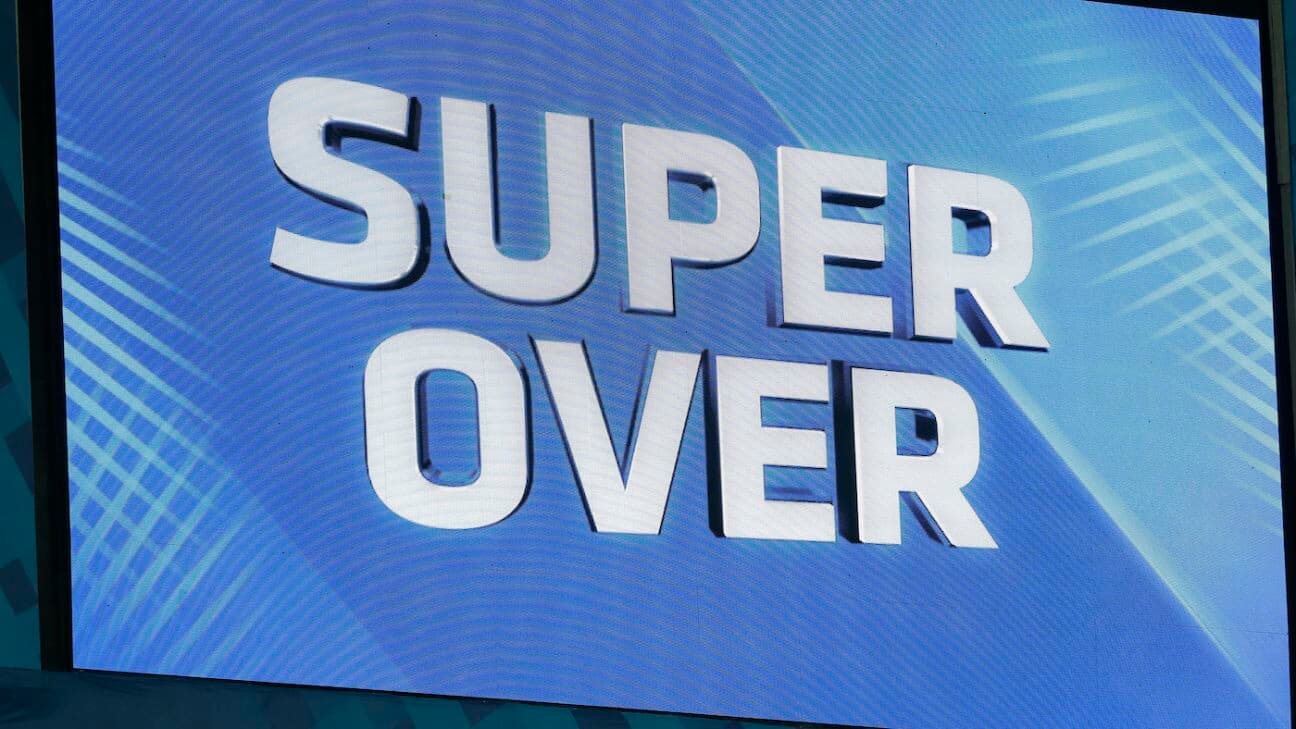
Match officials admit to oversight in tied Sri Lanka-India ODI
What's the story
As per ESPNcricinfo, the match officials involved in the 1st ODI between Sri Lanka and India, which ended in a tie, have admitted to an oversight. They failed to enforce a Super Over. This error was due to their misinterpretation of the ICC's playing conditions, which mandate a Super Over in case of a tie. The officials include on-field umpires Joel Wilson and Raveendra Wimalasiri, match referee Ranjan Madugalle, TV umpire Paul Reiffel, and fourth umpire Ruchira Palliyaguruge.
Misunderstanding
Confusion over Super Over rules led to oversight
The confusion stemmed from a lack of clarity on whether the Memorandum of Understanding (MoU) between Sri Lanka Cricket (SLC) and the Board of Control for Cricket in India (BCCI) permitted a Super Over. However, it has now been clarified that all ODIs ending in ties should proceed to a Super Over, provided with adequate time and conditions. This rule is applicable irrespective of any specific agreements between cricket boards.
Decision
Teams did not question absence of Super Over
Interestingly, neither team questioned the absence of a Super Over after the match ended in a tie. The players shook hands without raising any queries about this omission. However, questions soon began to surface on social media platforms, highlighting the oversight by match officials and sparking discussions among cricket fans worldwide.
ICC guidelines
ICC's latest ODI playing conditions
The ICC's latest ODI playing conditions, released in December 2023, clearly state that a Super Over must be played if teams' scores are equal after both innings. If the Super Over also results in a tie, subsequent Super Overs should be played until there is a winner unless exceptional circumstances arise. If it is not possible to play or complete the necessary Super Overs, then the match will be considered tied.
Official response
Match officials' response to Super Over oversight
Following the oversight, Madugalle, Wilson, and Wimalasiri did not provide any specific reason for not enforcing a Super Over. However, they later decided that if another tie occurred in the remaining two ODIs of the three-match series, a Super Over would be implemented. This decision was made in response to their initial error and in accordance with ICC's playing conditions.